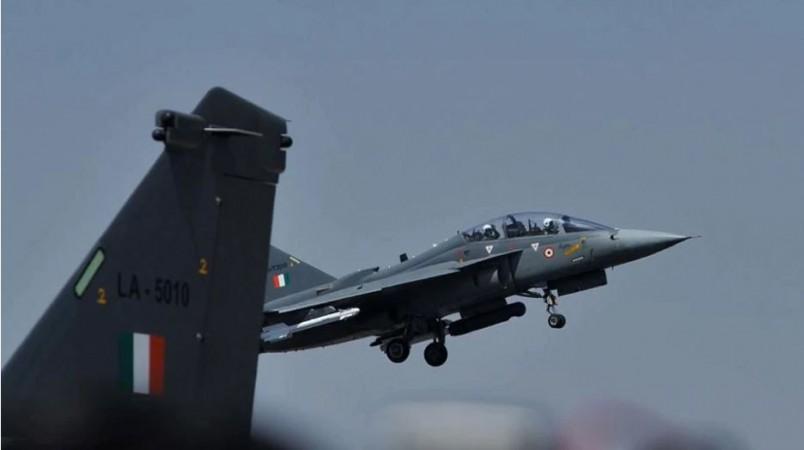Local manufacturing, especially in the Defence sector, has been one of the major focus of the Modi government ever since it took power for the first time in 2014.
So much push was given to indigenous manufacturing that the country set an ambitious target of $5 billion in the next five years. But now defence public sector undertakings and shipyards have red-flagged the issue of lack of confirmed orders and under-utilization of their production capacities.

Low budgetary allocation for defence forces
As per a report in the Times of India, at least six out of nine DPSUs under the aegis of Ministry of Defence (MoD) have informed the government that a major part of their production facilities and manpower will not be functional in next two year if the firm orders are not received.
The core issue is actually is the woefully-inadequate modernization funds received by the tri-services this fiscal leading to a huge operational gap including submarines, artillery guns and minesweepers to fighter jets, light utility helicopters and night-fighting capabilities.

For instance, the Hindustan Aeronautics Limited which has an experience in manufacturing aircraft including Russian-origin Sukhoi-30MKI fighters, Tejas jets and Dhruv advanced light helicopters has no new orders beyond 2021-22.
This is despite the fact that its existing order book stands at Rs 59,832 crore. Interestingly, as per MoD, orders for 83 Tejas Mark-1A jets (for about Rs 39,000 crore), 12 Sukhoi-30MKIs and 15 light combat helicopters are already on cards for HAL. But the submission made by HAL to the parliamentary standing committee on defence says that "established production capacities will not be fully loaded even with these orders".
Moreover, lack of orders does not only affect behemoths like HAL but also it has a domino effect on the country's defence manufacturing ecosystem, its private sector partners, original equipment manufacturers including MSMEs.
In fact, the parliamentary committee on defence has underlined, "Continuity in orders is essential to sustain production growth of DPSUs...Orders in the pipeline need to be expedited for optimum use of their construction, building capacities and manpower,'' but something substantial is yet to be done.

















